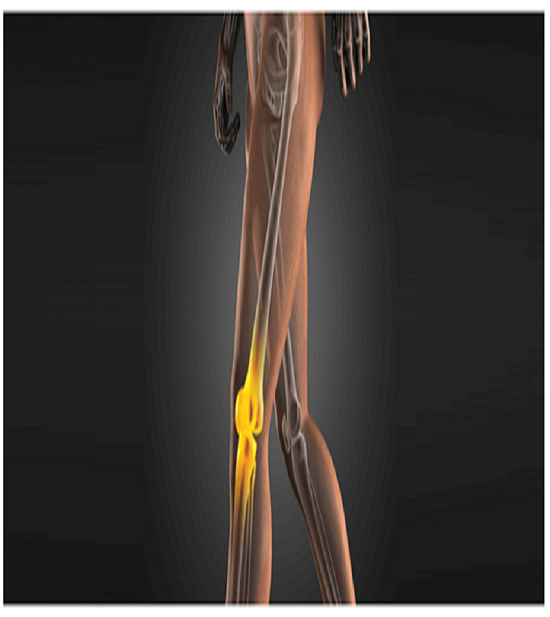
Regular Exercise For Knees Arthritis Will Do More Good Than Harm
Even as we often compare a human brain to the computer CPU, we can not overlook the fact that the human body in itself is no less than a machine that can end up rusting if not made to work or move. This is clearly why health experts are unable to emphasize enough about how vital and necessary it is for humans to exercise to strengthen their bodies. Sometimes because of a certain medical condition or the pain we experience, some of us try to avoid exercise but physicians recommend otherwise more often than not.Arthritis is a common medical condition in which patients are mostly uncertain whether or not they should exercise. This condition affects millions of people worldwide. This confusion is usually caused by knee pain that is typically a by-product of arthritis. With an arthritic knee, exercising continues to look to many as laughable. Unlike the common belief, however, regular exercise has been found to decrease arthritis pain as well as relieve symptoms.Following are the reasons why exercise is necessary for people with arthritis conditions:•Decrease symptoms such as pain and stiffnessStrengthen the muscles and ligaments supporting the joint Reduce stress on the jointsImprove strength, flexibility and the full range of motion of the joints .Maintain ideal body weight, healthy heart and mental health.
It is not enough to simply exercise without being well-known about its impact on the joints. A doctor or physical therapist of an arthritis patient can best advise such exercises that may include muscle strengthening, aerobics, range-of-motion exercises and other activities. Based on the type of arthritis that you have, your doctor will include the right kind of exercise in the treatment plan.
Before you start exercising, consider what's beyond your boundaries and at what exercise level you will achieve benefits.
• Most of these exercises are simple, easy, and convenient and require no special equipment or location. During a break, or at home or even in the workplace these exercises can be carried out. It's important to keep in mind that these exercises become a habit slowly and gradually. The frequency or intensity should only eventually be increased as the muscles get stronger.
• Exercises such as leg raise, hamstring stretch, half-squat, one-leg dip and leg stretch etc. work fine for the arthritis of knees.
• Walking is also an excellent form of knee exercise as it has a low impact, is a weight-bearing exercise and helps to strengthen muscles and build bone. Just think of wearing good, sturdy shoes.
• Water exercises or walking in a pool's shallow end often help with muscle strength and flexibility of the knee.
• Swimming is an all-round workout that does not strain the joints but is also beneficial for the heart and lungs.
The following exercise schedule can be practiced every day to strengthen the supporting muscles of the knee, and also to improve balance by training your brain to be aware of the position of your leg:• Lie on the back with one leg bent at the knee
• Extend the other side and trace the alphabet letters in broad strokes gradually
• Switch legs and repeat the same
• Repeat these three to five times with each leg or until the muscles feel tired.
While exercising you may feel some discomfort, pain and even a bit of soreness. But it is not a good idea to exercise if you have severe pain, swelling or stiffness. Hence it is recommended that you do start exercising after consulting your doctor.Pre & post-exercise:
You should put out a moist-heat pack on your knees about 20 minutes before you start the exercise. It enables the blood to hit the surface, reduces pressure and also soothes pain. If pain medications are included, try having those 45 minutes prior to the exercise. Make sure you do some stretches to avoid tightening the muscles. After exercising for 10-15 minutes you can also place an ice pack on your sore knee, as this would avoid joint swelling.Some tips to remember before you start exercises for your arthritic knee: Keep low on impact. Apply heat as it relaxes the joints and muscles, and soothes any pain before you start the exercise. To warm-up, try to gently move the joints and exercise slowly with easy movements. After exercise apply ice to your joints as needed. Do not exert more energy than is appropriate for your joints. Slowly increase the length and strength of your workout as you progress. Do exercise every day in the case of sore muscles. But do not overdo them